Table of Contents
Britain got its first taste of a heavy winter as large parts of the UK were covered in snow, causing problems in everyday life.
The Met Office has issued a yellow severe weather warning for snow and ice across northern Scotland, Northern Ireland, central and south Wales and eastern counties from the Scottish Borders to Norfolk.
Yesterday it rained & today in some places there’s #snow
When I was a kid we just called #climatechange – #weather
It’s #winter 🙄 pic.twitter.com/7jjsTKj9nR
— Ian Hilton 🇬🇧 (@whistler360) November 19, 2024
Around 220 schools were closed across the UK, including 140 in Wales, the Guardian reports.
By 1pm on Tuesday 108 of the 196 train services (56%) scheduled by East Midlands Railway had been canceled or delayed by at least 30 minutes. South Western Railway was operating train services at reduced speed on all lines due to the adverse weather conditions.
#London #snow 🏙️❤️❄️ pic.twitter.com/gzNgKhinG6
— 💕✨𝕁𝕖𝕟𝕟𝕚𝕗𝕖𝕣✨💕 (@DiamondMind86) November 19, 2024
Many roads were closed due to heavy snow, while in Scotland two people were taken to hospital after a collision in Ballinluig, Perthshire.
UK woke up to this beautiful view. #snow pic.twitter.com/bo1tHymhRU
— Thomas More (@ThomaMore) November 19, 2024
The problems will continue
Darren Clark, head of National Highways, urged drivers to keep their distance and reduce their speed. “Even in conditions that look normal the snow can be slippery if ice has formed or if no gravel has fallen on the road surface,” he said.
According to meteorologists, the cause of this bad weather is an arctic sea air mass. Met Office chief Neil Armstrong said the cold arctic air meant “dangers are likely to continue for most of this week” with new warnings likely.
See images
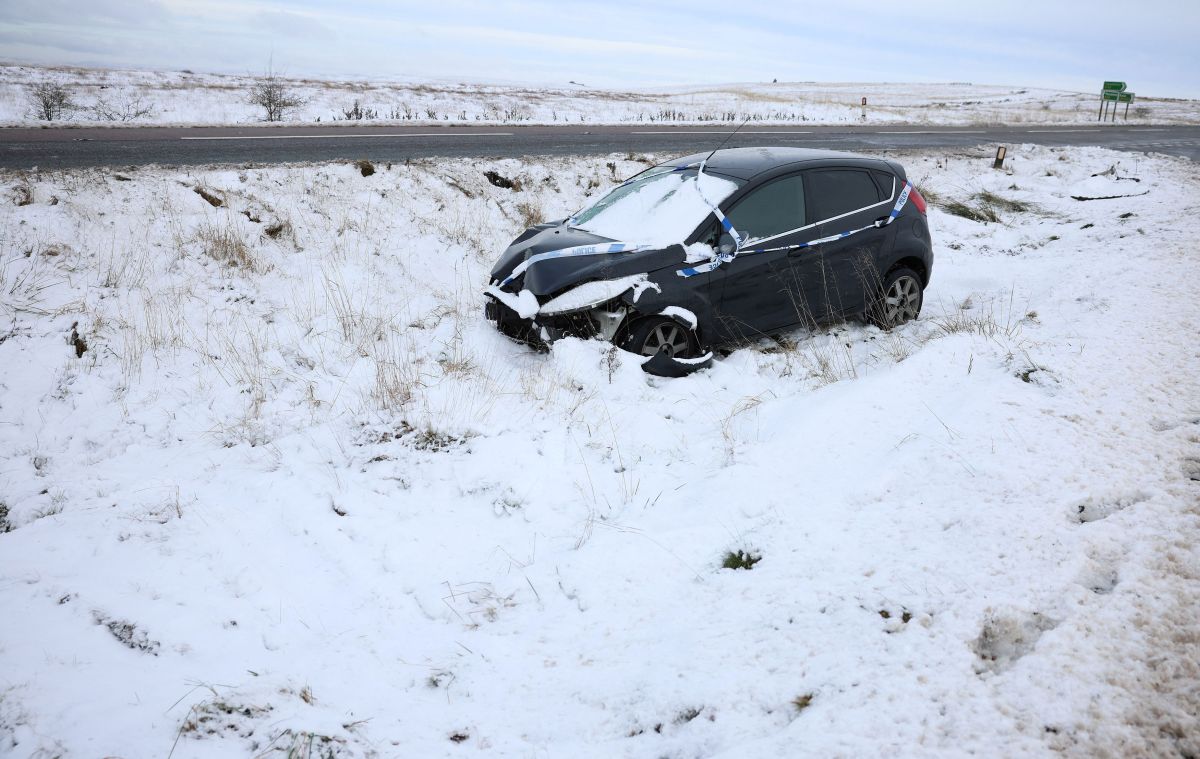
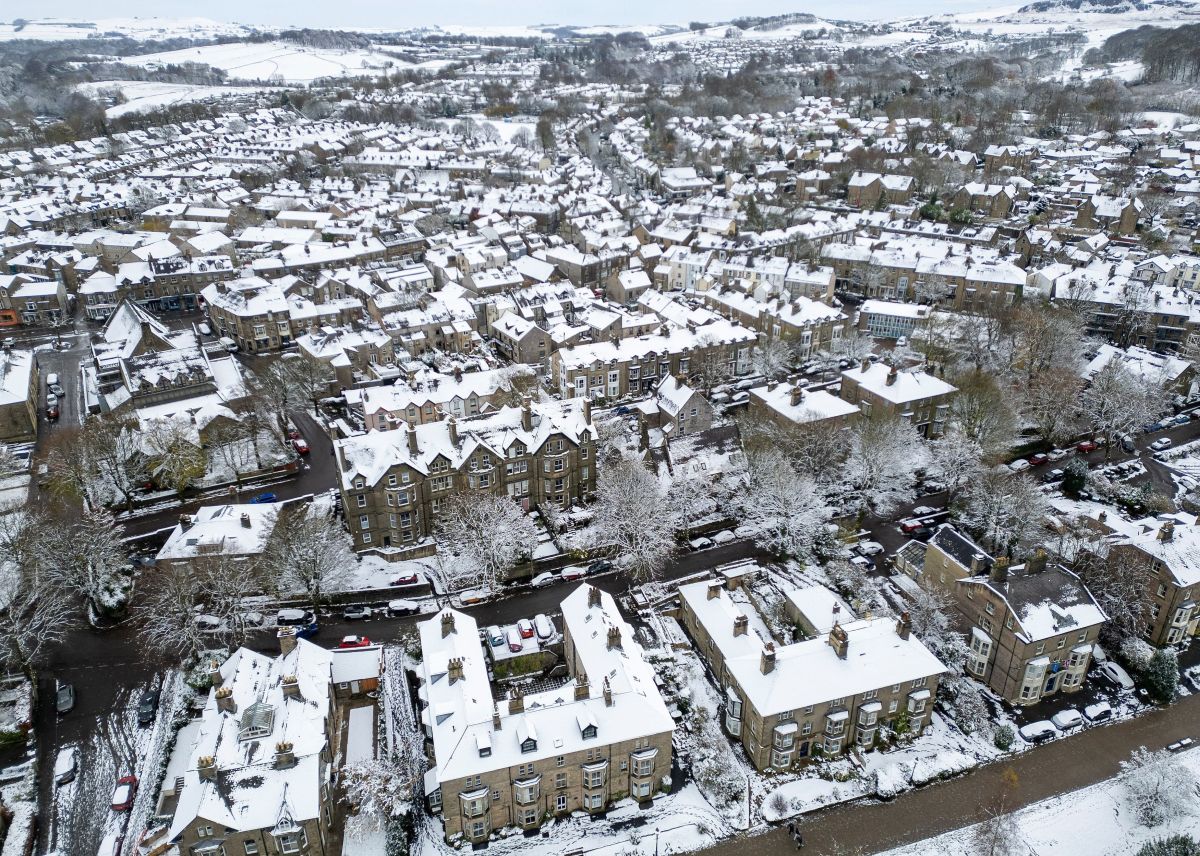
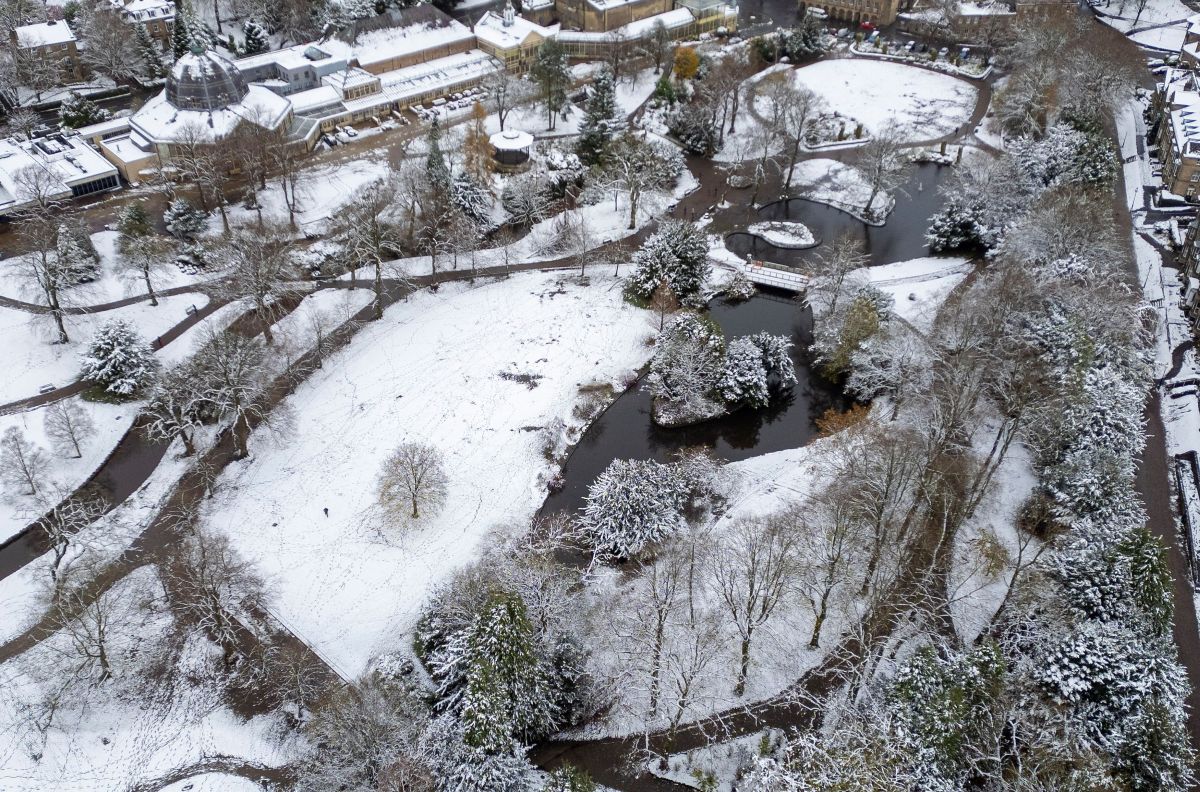
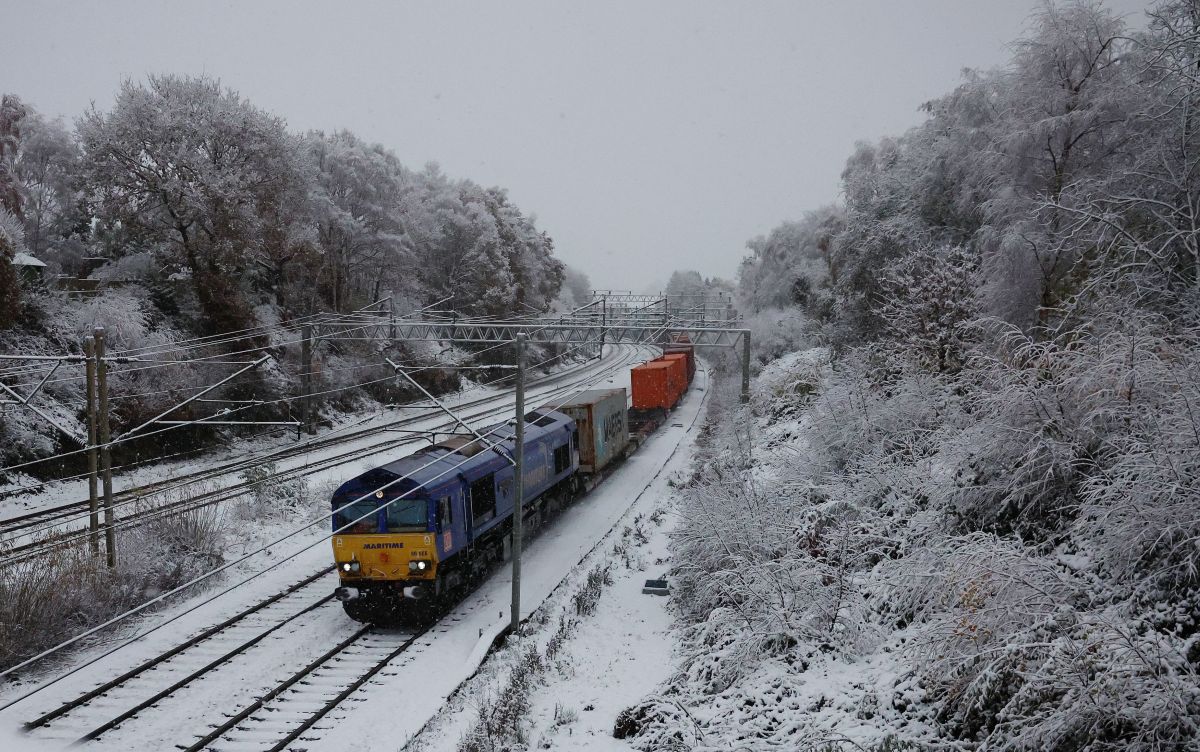
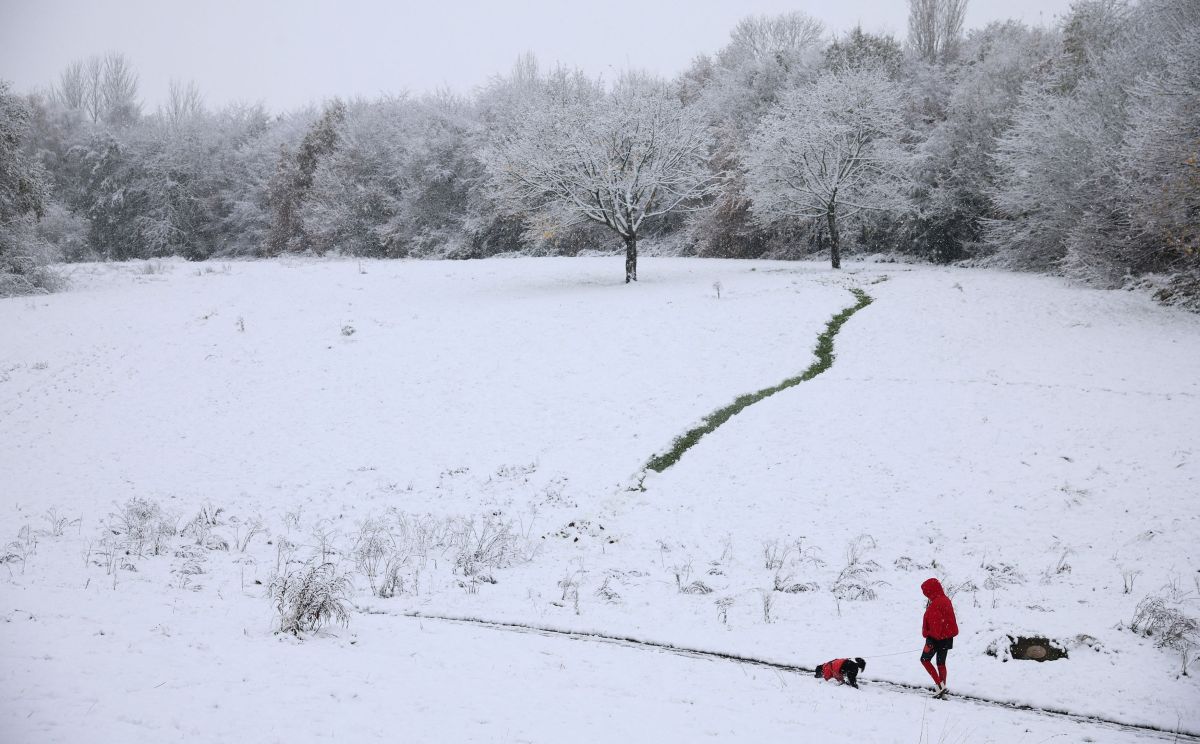
#Britain #buried #snow #pictures

How has the UK government’s response to the November 19, 2024 snowstorm demonstrated preparedness and resilience in the face of extreme weather events?
The provided text describes the impact of heavy snow in the UK on November 19, 2024, affecting transport, schools, and daily life.
Here are some open-ended questions based on the provided text, divided into thematic sections:
**Impact on Transportation:**
* The article mentions widespread travel disruptions. How do these disruptions affect people’s daily lives and the economy?
* What measures could be taken to mitigate the impact of severe weather on transportation infrastructure?
**School Closures:**
* With over 200 schools closed, what are the implications for students, parents, and teachers?
* What are the alternative methods of learning that could be implemented during such situations?
**Safety Concerns:**
* What safety precautions should people take during heavy snowfall, both when driving and at home?
* How does the presence of ice on the road, even if it appears normal, increase the risk of accidents?
**Climate Change:**
* Is this event indicative of changing weather patterns? How might climate change impact the severity and frequency of such events in the future?
* What actions could be taken to prepare for the potential impacts of climate change on extreme weather?
**Response and Preparedness:**
* How effective were the warnings and emergency response systems in place during this event? What could be improved?
* How can individuals and communities better prepare for future weather events like this?
**Social Impact:**
* How does a widespread event like this affect community morale and social cohesion?
* Are there any positive aspects or examples of community resilience that emerge during such challenging situations?
These open-ended questions encourage discussion and diverse viewpoints, allowing for a deeper understanding of the multifaceted implications of the snowstorm in the UK.
